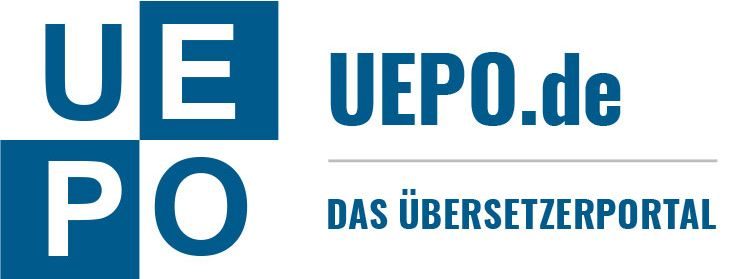With machine translation making great strides, the landscape of dominant world languages changing, and the nature of language professions evolving, the future of translation looks extremely exciting, albeit complex and challenging. This was the main impression of the annual European Masters in Translation (EMT) conference held in Brussels in November 2011, entitled Mastering the future of translation. As one of the speakers aptly summarised it, Youve got to keep riding this dragon!.
The conference brought together 250 participants from universities running translator training programmes and some representatives of international organisations. The academic participants came from all the EU countries and from a number of countries outside the EU, such as Croatia, Russia, Turkey, China, Canada, Ghana, Cameroon and Egypt.
The EMT is a network of university-run translation programmes set up in 2009 in response to a growing shortage of properly qualified translators in the job market. To date, 54 European universities have successfully applied to join the network. Moreover, EMT is a recognised quality label any translator training course carrying the EMT label is recognised as being one of the best in the field.
Several speakers highlighted how machine translation is shaping the life of translators today, and especially how it will do so in the future. Rytis Martikonis, the head of the European Commissions Directorate-General for Translation, reported that machine translation is one of the key areas in his department’s work at the moment. The DG for Translation is developing a new system which is now being trialled by in-house translators. When fully developed, the system will be made available to all Commission officials and to authorities in the EU countries.
Mikel Forcada of the University of Alicante concentrated on rule-based and statistical machine translation, describing how challenging it is to encode professional knowledge in these crude models. In the panel debate, Sharon OBrian from Dublin City University foresaw a high percentage of translation work being automated and post-edited. This meant, she said, that making the source language text ready for machine translation would gain in importance.
Jaap van der Meer from Translation Automation User Society (TAUS) insisted that human translation had a future, though it was likely to undergo profound changes. In his view, there will be a major split in the market, and machines will account for the great bulk of translation work of lesser quality but performed in real time, while human translators will be responsible for hyperlocalised translations of high quality in more languages.
Apart from machine translation, another hot topic in the translation profession is source and target languages. Reiner Arntz of Hildesheim University talked about the growing importance of less commonly used languages for the translation market and how to make use of intercomprehension and bilingualism in translation programmes, adapting the training to the social phenomena of immigration and increased mobility of todays students. Nicolas Ostler outlined the historical perspective of how the worlds dominant languages tend to be linked to conquests or commercial activities, indicating that English may be the last language to perform the role of lingua franca as we know it.
The Commissions Directorate-General for Translation provides administrative support to the EMT network and acts as a hub for the exchange of information and good practices. The Commission has allocated some 300 000 to cover the cost of its administrative support and the networks annual conference in 2011.
It does not provide direct financial support to the training courses or students.
PM DGT
